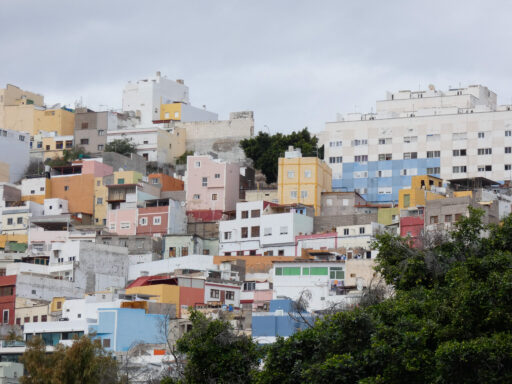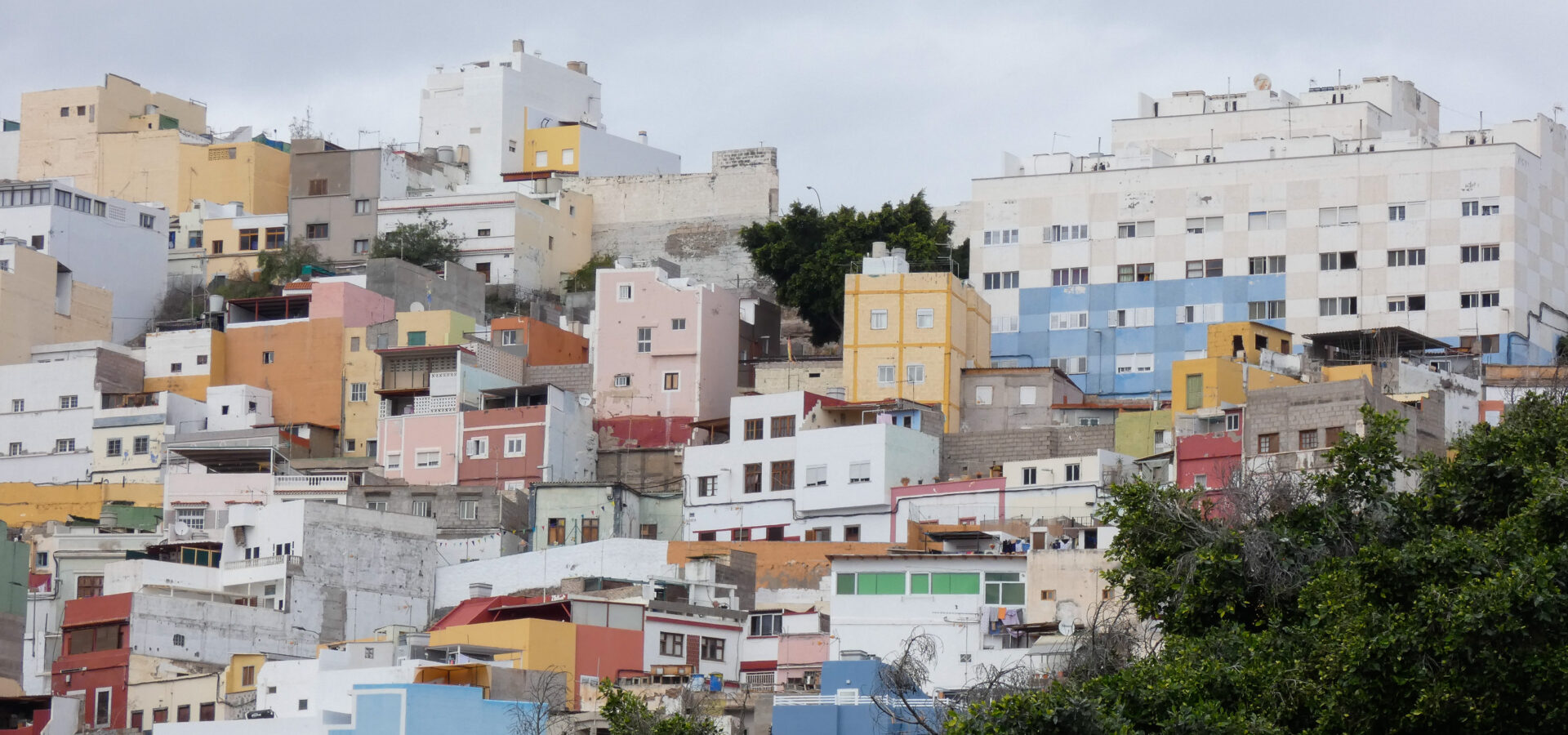How to Become a Notary Public in Puerto Rico
You can accomplish becoming a Notary Public in Puerto Rico if you do the following:
Take the Puerto Rico bar exam
Take a different test for acceptance as a notary lawyer
Apply for the license
Get a notary book
Pay a $50 application fee
Give evidence of the successful completion of the notary public course
Bring a certificate of good conduct
Errors and Omissions (E&O) insurance for financial security.
Acquire a notary public stamp
Register the stamp with the Department of State
Get a notary public journal to record all notarial acts
The University of Puerto Rico Law School has a one-year program with a total of 24 credits, half of such are elective. Classes are both theoretical and practical and cover civil rights, technology, feminism, business start-ups, international relations, comparative law, and in… School, however, also has an everlasting commitment to clinical education.
Is Your Business In Puerto Rico In Need Of A Notary?
BlueNotary offers various choices that can cater to your notarial demands. Normally, you will be able to perform these tasks using our network, your network, or with a team from one of our BlueMobile Notary, hence, hence, we have a solution for you. Talk to our Solution…le. We will match you to the right service providers accessing a centralized shared technical stack thus minimizing for you the complexity of provisioning with the providers. The one-stop BlueNotary platform has got all these solutions to share, be a Turnkey Model, i.e. Blue…k-first something quickly, or white-label an existing model that fits a client’s current model. Try our Solutions Team today, and let’s get the conversation going to find the optimal solution for you.
Are You A Notary Starting Your Own Business?
If you are a notary person, and are trying to develop your own business, we have designed a course just for this purpose, our coaching in order to serve as a catalyst for the jump… those who have and those who watch life from the sideline. The Blue Mastermind Course is the blueprint to follow:
Membership in the Blue Mastermind Inner Circle that has not been made public to anyone else.
BlueNotary Pro Hybrid – A year Subscription
Use our Database of Leads Generator for free.
DIGITAL Certificate and Electronic Seal FOREVER
Complete Any Document Course
BlueBrick – You make your notary website, we assist you.
Training in the Blue Mastermind
You may find much more information at the place of the source of this article about how to become a notary in Puerto Rico.
Master Your Name in the Notary Industry
What are the Requirements to Become a Notary in Puerto Rico?
Becoming a notary in many states is pretty simple, and the requirements are minimal that one of them includes the ability to read and being a minimum of 18 years old. However, in Puerto Rico, only those who have been issued a lawyer’s license in the jurisdiction of the Commonwealth of Puerto Rico are allowed to be notaries. The initial step to be done to become a notary attorney or notary lawyer is to sit for the bar exam of Puerto Rico then later get a separate exam to become a notary lawyer. Then, the notary should apply for his or her license and request a notary book.
How Much Does it Cost to Become a Notary Public in Puerto Rico?
After completing your training and qualifying for the examination, the first step is to apply to the Puerto Rico Department of State for permission to be a bonafide notary. Along with the accomplished form, you should provide the following: a statement of good conduct, a certificate stating the completion of the course for becoming a notary public, and a $50 fee to get the permission.
How Long Does it Take to Become a Notary in Puerto Rico?
In the event that the requirements of a state are not demanding and the process has no complications, the entire process of becoming a notary authorized for the state of Puerto Rico can take about four weeks only. It may take from seven to nine weeks, on the other hand, if the state calls for training, an exam, or fulfillment of additional requirements.
Do I need Training to Become a Notary in Puerto Rico?
Yes, you need to go through a notary training course if you are to become a notary in Puerto Rico. Besides, the usual requirements are being 21 years old, living in Puerto Rico, being crime-free, and paying the required application and licensing fees.
How Long Is a Notary Commission Valid in Puerto Rico?
The tenure of a notary public in Puerto Rico is 1 year for the initial term, then 3 more terms of 2 years each. Nevertheless, the court can extend the term of any board member if it judges that it is necessary.
What Supplies Do Puerto Rico Notaries Need?
When your application has been accepted, the following are steps you will need to take:
Buy a notary public stamp
Register it with the Department of State
Buy a notary public journal
Besides, you may communicate with the Puerto Rico Department of State for more data on the initial steps.
What About Bonds or Insurance for Puerto Rico Notaries?
A notary bond is one of the qualifications for appointment to the office of a notary in Puerto Rico, as well as a resident of the 32 other states including the District of Columbia and the U.S. Virgin Islands. The bond is there to help those individuals who have been affected by the neglectful behavior of a notary. It does not cover the notary. The notary is accountable for the financial loss equal to the sum of the bond in the event of a claim filed against him or her.
Moreover, a notary surety bond may be a mortgage bond or one from an insurance company. Errors & Omissions (E&O) Insurance assists notaries in the case of neglectfulness. E&O will also provide for legal defence costs plus settlements and judgments expenses when a lawsuit is filed.
FAQs
Who is in charge of Notaries in Puerto Rico?
The notary sector in Puerto Rico is controlled by the Judiciary of Puerto Rico. The Supreme Court of Puerto Rico is empowered to regulate the practice of law, decide which are the requirements for the admission to practice the profession, and thus is empowered to regulate the notarial function.
How and where can I get trained to be a Puertorican Notary Public?
Indeed, certifying as a notary public in Puerto Rico requires the successful passing of the Puerto Rico state bar test and the completion of the notary public program that is approved by the Puerto Rico Department of State through an application process. The written test needs to be also passed.
Is it possible to become a Notary here if I am not a citizen of the USA?
Yes, the applicant for the notary position needs to be a citizen of the United States.
Where are the places that I’m allowed to do notarization?
Your appointment as the Puerto Rico Notary Public authorizes you to practice notary services in your Puerto Rico’s territory. This includes notarizing within the state, regardless of county or city.
Whom am I allowed to notarize for?
Notaries in Puerto Rico have certain restrictions regarding their authority to serve. You are not allowed to serve yourself, your close relatives (your spouse, ancestors, descendants, siblings) or anyone who shares your house. Furthermore, in the course of the work, the employer may also impose restrictions. This neutrality upholds the validity of notarized documents and avoids conflicts.
What is the limit for the cost of my notarization?
The costs of notary services in Puerto Rico range from 1% to 2% of the amount of the property. The factors that affect the final fees of the notary are generally the value of the property and the complexities of the transaction. In Puerto Rico, notaries are also attorneys licensed to practice law who act as agents in all real estate transactions preparing the relevant documents, ensuring their legality, and ultimately registering them in the corresponding Property Registry.
Is Online Notary Legal in Puerto Rico?
As of April 2020, remote online notarization was allowed under M.S. Executive Order No. 1467. Notaries in Mississippi who want to offer remote notary services should be both in possession of a regular notary commission and notify the Secretary of State about their intention.
What happens if I move or change my name after becoming a Notary?
If Mississippi notaries change their address or name, they need to report it to the Secretary of State within 30 days. For address changes, they should file “Application for Notary Public Change of Address” form and pay a $20 fee. As for name changes, in order to have a new commission, notaries should obtain a new seal and write to their surety company. Besides, it is allowed to use your former name on a temporary basis till the date when your replacement commission gets to the notary.
What’s the potential legal risk involved in being a Notary Public?
Mississippi Notaries Public may have different legal risks. Even if it is unintentional, mistakes can be a reason for someone to sue. Furthermore, even if they win, these lawsuits can still be quite costly. Nonetheless, if one follows the notary laws strictly and makes sure that everything is well documented, as well as avoiding errors with E&O insurance, the risk will definitely be reduced. Consequently, being cautious during your work is very efficacious in protecting yourself from legal hazards.
How do I renew my Mississippi Notary Public Commission?
The renewal of Mississippi Notary Public Commission is very similar to the first-time application process. Start the process at least 90 days in advance of your present term expiration date to avoid any break in your notary service. Fill out the renewal application form, make sure your surety bond is still in force, submit the oath of office form, and pay the $25 filing fee. Get a new seal to put on the updated expiration date and a fresh notary journal complementing it if necessary. Extra protection can be achieved by obtaining E&O insurance. All in all, a very simplified procedure ensures that your notary commission gets renewed in time.







